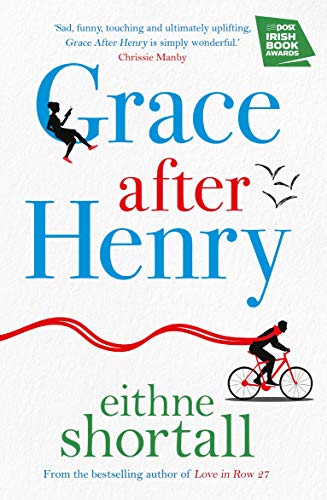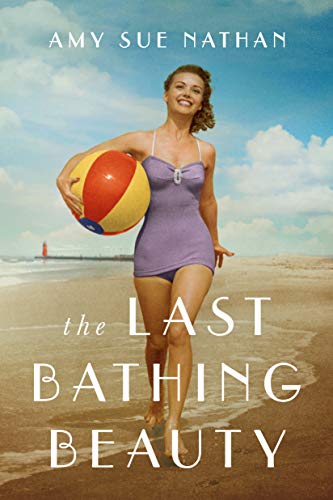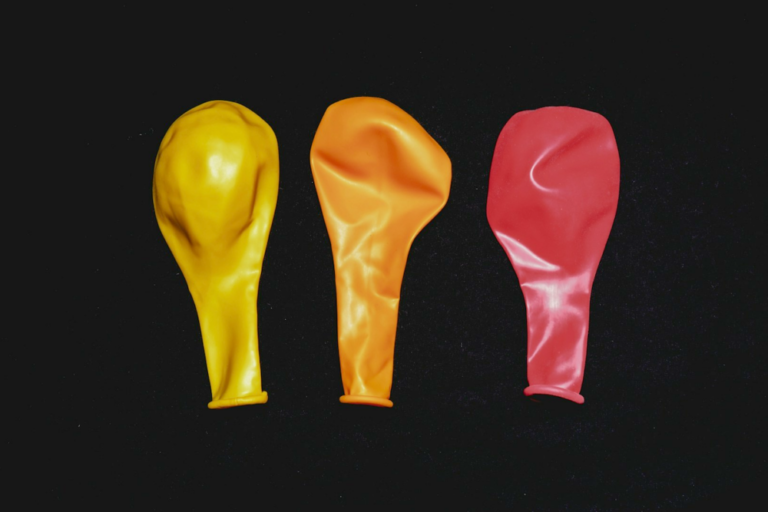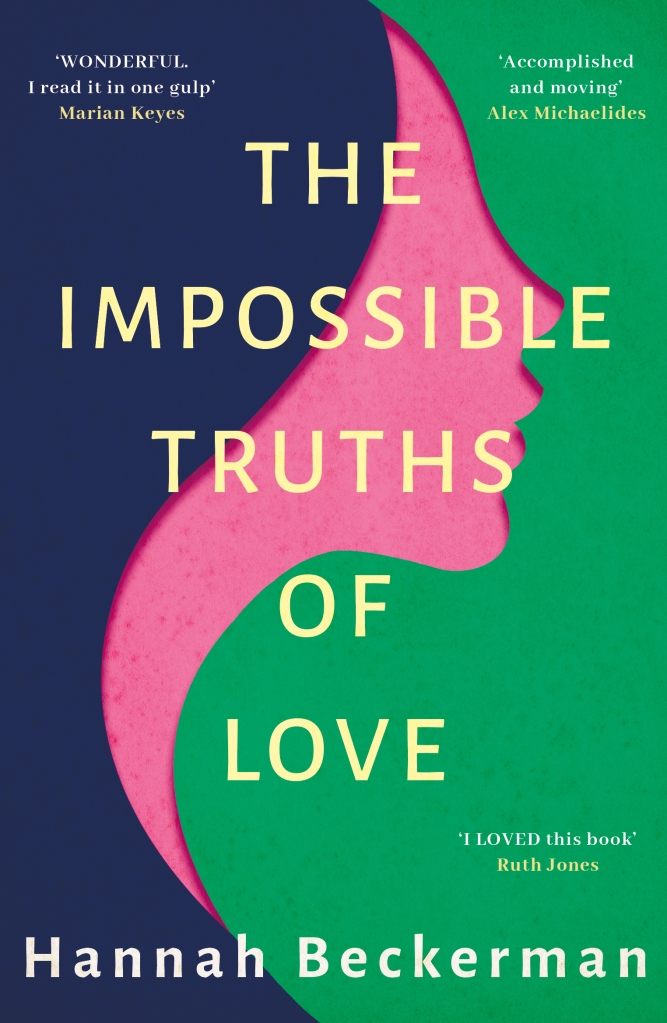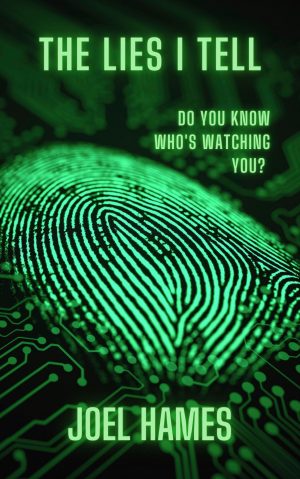But I wonder if the politicisation of the police is going to feature in crime novels more widely, in the way that, say, police corruption did in the novels and films of the late twentieth century? Think of the books and films of the 1970s – Hollywood loved police corruption. Serpico (1973), Dirty Harry (1971) The French Connection (1971) and The Onion Field (1979) all films based on books. The novels of Lawrence Block or, in Europe, Leonardo Sciascia. Is Oracle only the first crime novel to include the particular distortion of justice – by politics? Will it be the start of a trend?
Yet there is another collision in Oracle, that between the past and the present. Having visited Delphi, long before COVID, I can attest to the numinous, the sense of the divine, lying close to the surface in that place. It is spectacular and beautiful and has been a place of human habitation for over five thousand years.
About the Author
Julie Anderson is the author of Plague. Her latest novel, Oracle, was published by Claret Press on 5 May 2021.
If the police and policing are politicised and this results in some receiving preferential treatment, justice for all will suffer, something my heroine says in Oracle. Just as some seem to be receiving preferential treatment when it comes to access to public funds. It rather looks as if Oracle is going to be just as topical as its predecessor.
As well as being a murder mystery the novel depicts corruption and cronyism at the highest levels of government- ‘You’re ensuring the contracts go to the right companies so you can reward your friends and allies’ says my heroine to the villain (page 246 of Plague). Now the finger is pointed at the current UK government in the awarding of public contracts worth millions of pounds to friends and allies, without due process. There are several cases going through the courts at the moment. One of the latest scandals concerns the finance company Greensill in which a former Prime Minister and a current Chancellor of the Exchequer apparently connive to give public money to a struggling company belonging to a friend of their party (and in which the PM had a financial stake). As the Literary Review put it when Plague was published ‘Few fictional scandals involving Parliament would surprise anyone these days, but Plague offers a humdinger.’ And I thought that was referring to the murders!*
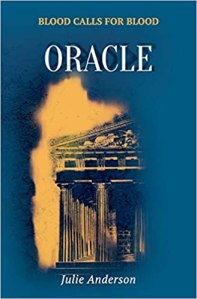
*It was.
About the Book
Near the ancient Temple of Apollo, young idealists protest at a European governmental conference. Inside, business lobbyists mingle with lawmakers, seeking profit and influence. Then the charismatic leader of the protest goes missing.
The next day a body is discovered, placed like an offering to the gods. One day later a recent, broken corpse is found at the foot of the cliffs from where blasphemers were once tossed to their deaths.
As a storm closes in and strange lights are seen on the mountain, power at the conference centre is cut off and all are isolated. No one trusts anyone else. Is a killer stalking the corridors? Or are primal forces reaching out from the past? Like the cryptic Oracle of Delphi, Cassandra Fortune must supply the answer before the conference is over.
And before more die.
Is this a modern murder mystery or are primal forces reaching out from the past? Like the cryptic Oracle of Delphi, my heroine must supply the answer so that law, not vengeance, triumphs. I named her Cassandra, but with reality reflecting the plot of my novels perhaps it’s me who’s foretelling? Either way Oracle is aptly named.
After retiring from a successful career in the civil service, Julie Anderson turned her attention to writing. Along with Plague, Julie has authored two children’s novels and a collection of short stories. She is the Chair of Trustees for Clapham Writers, and is one of the creators and organisers of Clapham Book Festival. Plague, has been widely praised and Julie has created a downloadable walking tour guide of the sites in the book. The sequel Oracle was released May 5th 2021.
Julie kindly wrote a guest post about about how life is much stranger than fiction.
The past is ever present there, as it is, I hope, in the novel. Characters work at the Museum or the Temple site, uncovering history and the central character must confront the consequences of events in her own recent past, which took place in Plague. The investigation begins when a murdered body is found in the temple precinct, placed like an offering to the gods. One day later a recent, broken corpse is found at the foot of the cliffs from where blasphemers were once tossed to their deaths. A recently bereaved character goes to the Temple seeking blood justice to summon the Erinyes, the Furies, to hunt down the murderer.
What happens when the first seems to mimic the second?
Reality and fiction seem to be colliding in Oracle too. As Plague explored power politics and corruption, Oracle explores different types of justice – blood vengeance rather than punishment under the law, the twisting of the legal system by politics and the politicisation of the police. It is set in Delphi, Greece, near the Temple of Apollo, hence the title. During Autumn of 2020, however, as I was writing it, the Athens Appeal Court ruled that Golden Dawn, the Greek neo-fascist political party with links to organised crime was, in fact, a criminal organisation wrapping itself in the mantle of politics. By then Golden Dawn was declining in popularity and had few seats in the Greek Parliament, but what is really worrying is that an earlier investigation by the UN found that, in some areas, up to 40% of Greek police were members of Golden Dawn. How would that distort the justice system?
I’m currently writing a series of crime mysteries centred on the character of Cassandra Fortune, Whitehall investigator extraordinaire, the second of which, Oracle, was published on 5th May. The first Plague (Claret Press, 2020) was set in the world of Westminster, of high politics and low sleaze, about a series of murders in strange circumstances during a ‘plague panic’ when people fear that the bubonic plague is returning to the streets of London. It was featured in First Page to Last’s ‘The Debutante’s Ball Part 2’ last November. The pandemic aspect drew comparisons with real events when it was published. There were actual demonstrations in Whitehall which mirrored those in the novel and real newspaper stories which looked suspiciously like those in the novel. Yet a different aspect of the story has attracted even more attention since.


